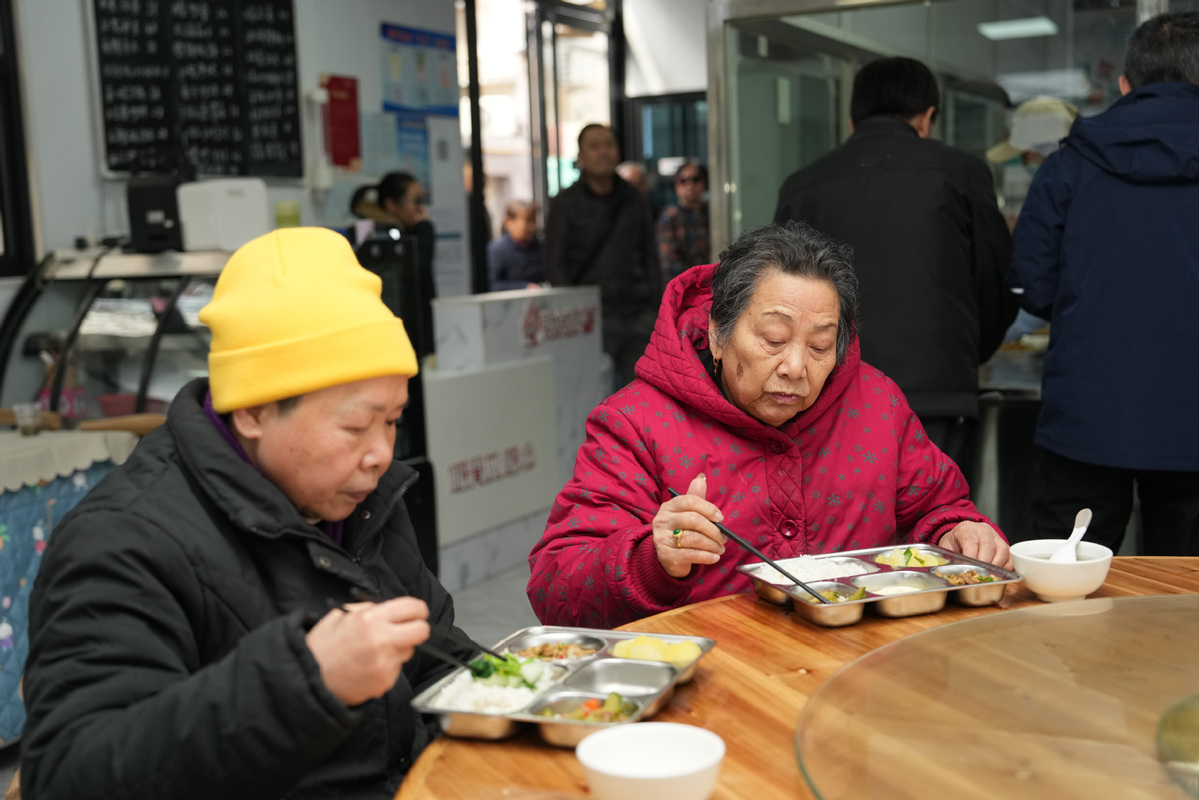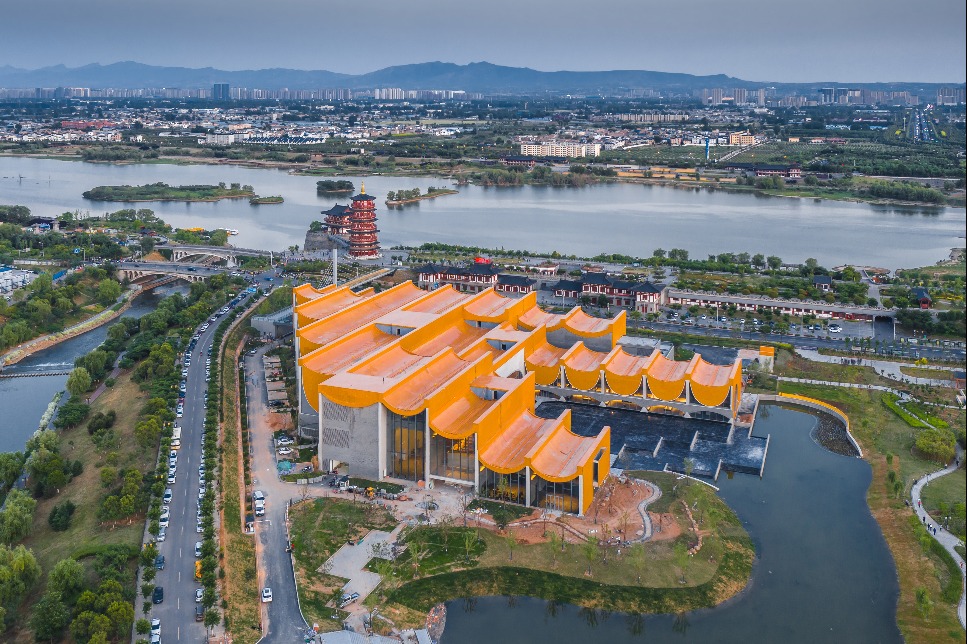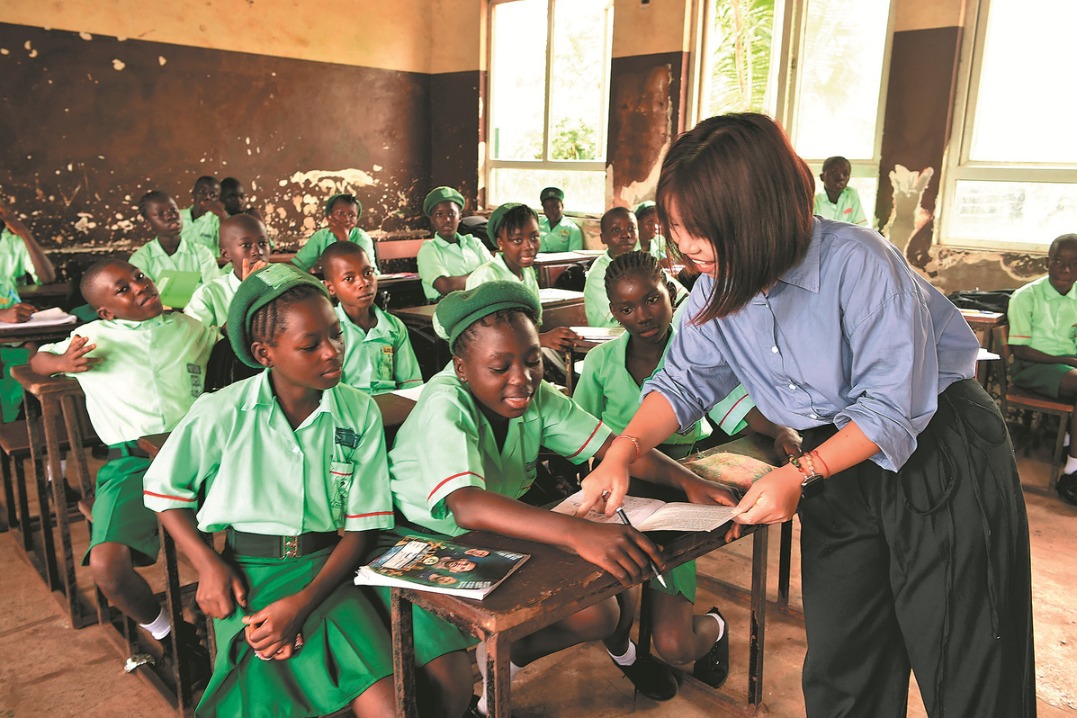Nation to tackle population aging
Nurturing silver economy, enhancing seniors' well-being key for next step
By WANG KEJU | CHINA DAILY | Updated: 2024-01-06 08:03

The State Council, China's cabinet, is currently engaged in extensive research and development of policies aimed at nurturing the silver economy and improving the well-being of its senior citizens.
The significance of developing the silver economy as a proactive measure to address population aging, promote high-quality development, and deliver both long-term and immediate benefits was emphasized at the State Council Executive Meeting chaired by Premier Li Qiang on Friday.
The silver economy includes all economic activities, products and services designed to meet the needs of seniors.
Data released by the Ministry of Civil Affairs showed that there were 280.04 million people aged 60 and above in China by the end of 2022, accounting for 19.8 percent of the entire population. And the number of individuals aged 65 and above hit 209.78 million, or 14.9 percent of the total population.
China has entered the threshold of a moderately aging society, according to the United Nations classification, which is defined as a country where those aged 65 and above exceed 14 percent of the total population.
Attendees at the meeting stressed the need for the government to fulfill its responsibility of ensuring the basic needs of the elderly and strengthening their overall welfare, as well as increasing the supply of essential public services.
The importance of utilizing market-oriented mechanisms and leveraging various types of market players and social organizations was stressed at the meeting, with the objective being to better meet the diverse and multilevel needs of the aged and promote robust growth of the silver economy.
Sustained efforts will be made to optimize related policies and measures, with a particular focus on addressing urgent concerns such as home-based elderly care, healthcare accessibility and medication, thus ensuring happy and fulfilling lives for senior citizens, the meeting said.
As of the end of 2022, the number of people covered by basic old-age insurance policies for urban employees and rural and nonworking urban residents reached over 1.05 billion. Moreover, China had a total of 387,000 elderly care facilities, providing a combined total of 8.29 million beds, the ministry said.
The number of people aged 60 and above is expected to exceed 300 million by 2025, and 400 million by around 2035, the National Health Commission said.
wangkeju@chinadaily.com.cn
























